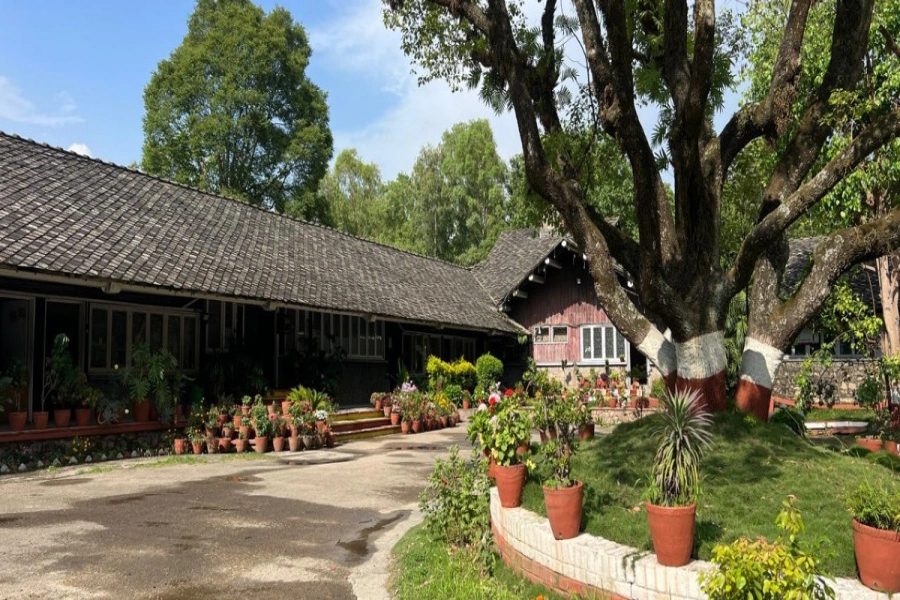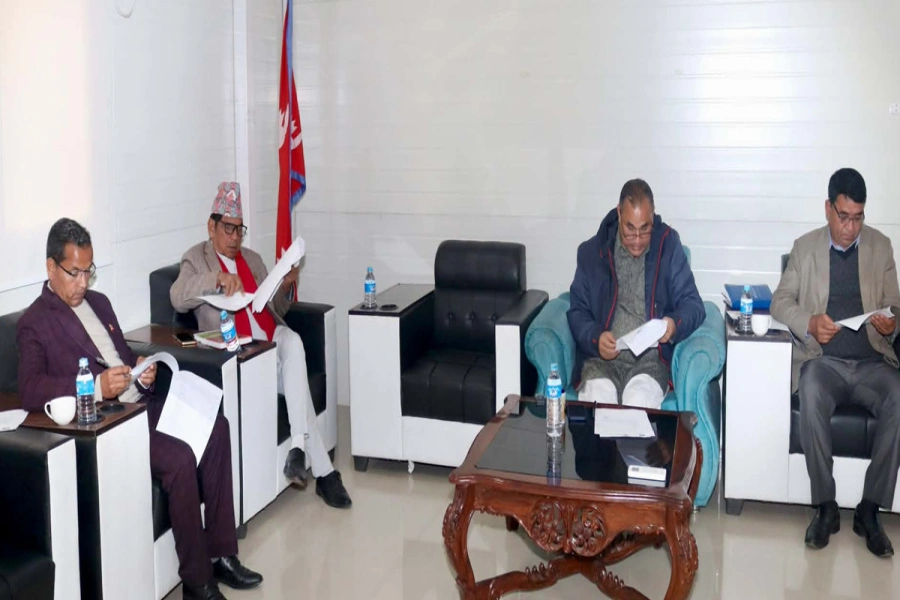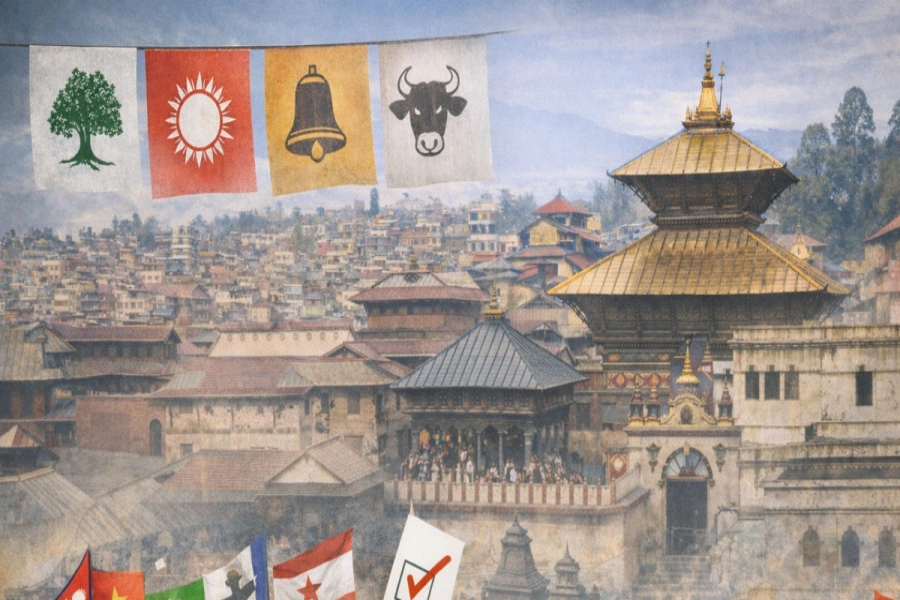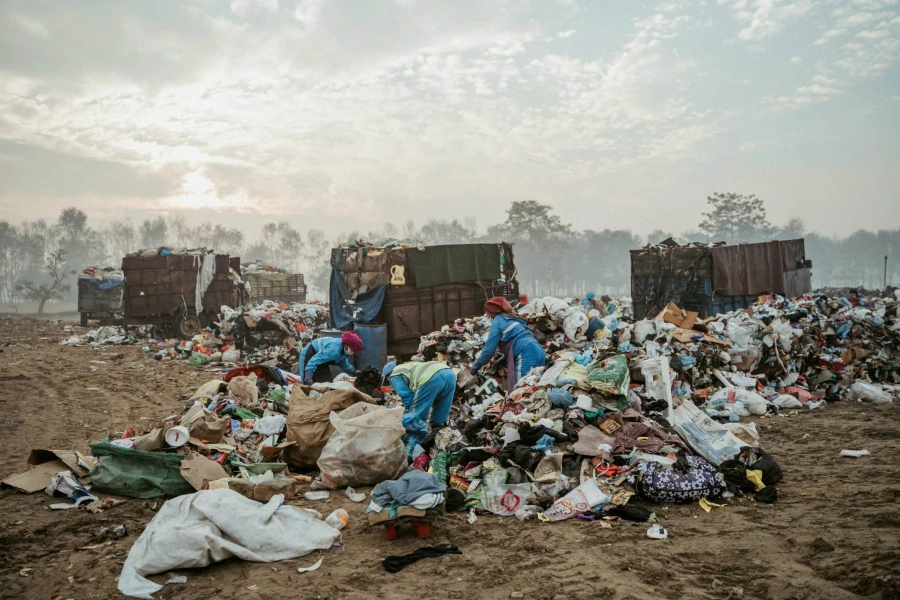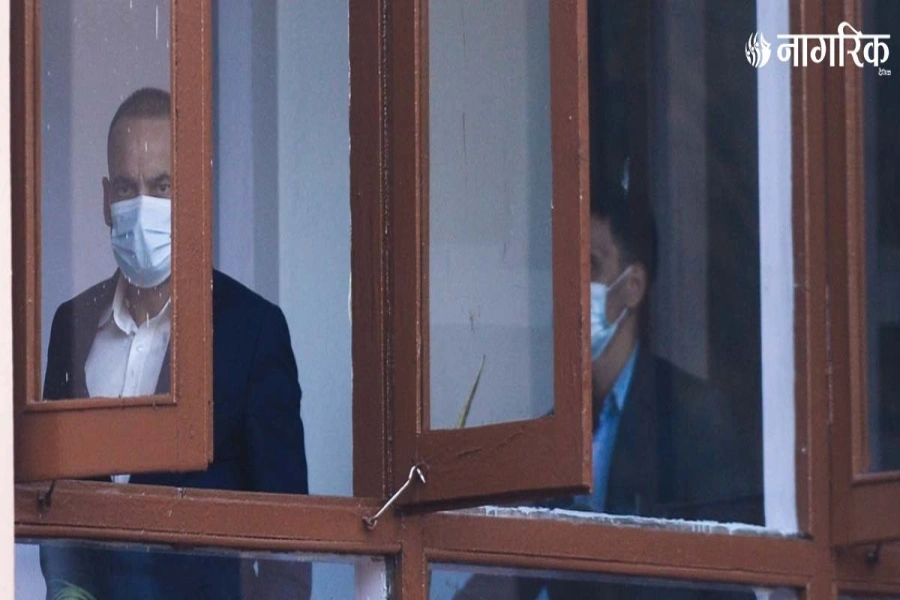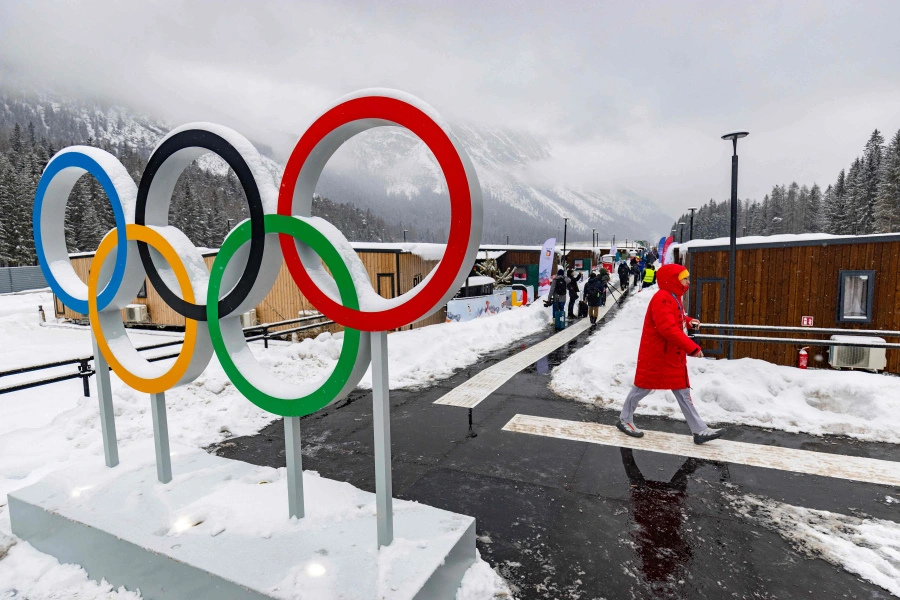As we age, we need more care and support. People become dependent on others for their wellbeing, even survival at old age. They need better family support and more healthy food. But elderly, in Nepal as in other countries, suffer neglect from the very members to raise whom they struggled and sacrificed happiness. This neglect to those who raised, nurtured and educated us is deeply alarming. But this is what we come to hear and read about in the newspapers frequently: Cases of parents left to fend for themselves at old age and, sons and daughters consigning them to old age homes. A number of Nepal’s around seven percent of total population may be facing this fate; despite that we have legal instruments and provisions to ensure elderly care. We already have Senior Citizens Act (2006) and for the past several years the government has been providing allowances (now Rs 2,000 per month to each senior citizen above 70).
Things you should know while taking care of your jewelry

In this context, the recent move of the government to ensure deposit of certain amount of income by their children in bank accounts of old parents marks a positive step. The government has registered a bill in the upper house of the parliament to make it mandatory for all citizens to allocate certain percent of their incomes for elderly parents. When the bill to amend the Senior Citizen Act is endorsed public office bearers, employees at INGOs, NGOs and private sector, or those self-employed or in business including pensioners should deposit a portion of their incomes in bank accounts of their elderly father or mother. It makes the successors liable for bearing the financial responsibility of parents. The employees should inform their employers about this and also keep the respective local governments updated about it annually. The heir who does not take care of their parents may not get ancestral property. The judicial committee of the local government may transfer the property of senior citizens to the person who takes care of them, according to the bill. The bill contains the measure of strict compliance. A person forcing their elderly parents to be separated from the family against their will may land in jail for up to three years and face a penalty of Rs 30,000. Likewise, any person not taking care of their parents, or forcing them to beg, trying to capture property with bad intentions may face a jail sentence of one to five years and fined up to Rs 500,000. The jail term will be doubled if the person involved in such conduct is a public office bearer. When enforced, these provisions could provide a relief to those elderly people who suffer neglect.
However, this alone won’t be enough to ensure proper care. The systems introduced to ensure elderly care need to be kept functioning. We already have the provision mandating the hospitals to have geriatric ward to promptly take care of elderly. Some public hospitals have allocated separate wards for this but many hospitals—both private and public—are yet to comply. Senior citizens also enjoy discount on public transport fare and medical fees, according to Senior Citizen Act but this mostly goes unimplemented. Apart from the legal and institutional measures, it is imperative to generate awareness that elderly people are not the burdens but our liability. Elderly care is central to Nepali values. These values should not be allowed to degenerate.




